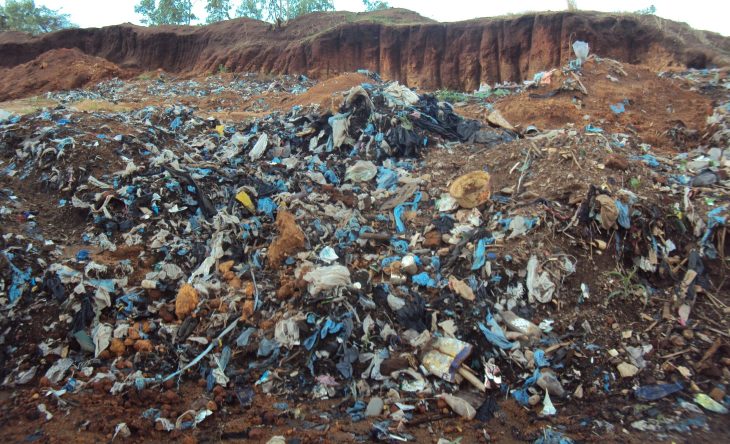
Transforming Malawi’s Waste Crisis into a Thriving Economic Opportunity
Key Business Points
- Investing in recycling infrastructure and green manufacturing can help Malawi tap into the $485 billion global market for non-plastic substitutes, creating jobs and cutting production costs.
- Embracing a circular economy can turn the country’s waste crisis into an economic engine, generating wealth and reducing reliance on limited resources, aligned with the Malawian concept of "ukongwe" (sustainability).
- Reforming waste management is crucial to unlocking the economic value of waste, including organic matter and reusable materials, and to support "mabizikomo" (entrepreneurs) in the informal waste collection sector.
Malawi’s business community has been urged to seize the opportunity to turn the country’s waste crisis into an economic engine by embracing a circular economy. According to the Malawi Circular Economy Network, investment in recycling infrastructure and green manufacturing can have numerous benefits, including cutting production costs, creating jobs, and opening access to the global market for non-plastic substitutes. As Olive Kawelama, the network’s chairperson, noted, "The circular economy is not just about protecting the environment, it is also about creating wealth."
The country’s current waste management system is in dire need of reform, with weak infrastructure and low public awareness hindering recycling and reuse efforts. However, with the right support, Malawi can tap into the growing global market for circular economy products and services. As Richard Perekamoyo, Principal Secretary of the Ministry of Natural Resources and Climate Change, pointed out, waste has untapped economic value, from organic matter that can be turned into manure to bottles that can be reused or recycled.
A well-structured circular economy can also generate jobs, particularly in the informal waste collection sector, as noted by Elizabeth Dymock-Chavula, Africa Circular national coordinator. To achieve this, incentives are needed to lower the cost of recycling machinery, investment in waste separation systems, and support for local innovations. The Hara Women’s Group in Karonga is a prime example of what can be achieved, turning rice husks into fuel briquettes and creating income for members while reducing reliance on charcoal.
The United Nations Conference on Trade and Development has warned that developing countries like Malawi risk being overwhelmed by plastic waste due to limited recycling capacity. However, by embracing a circular economy and investing in waste management reform, Malawi can reduce production costs, open up new areas of business, and create a more sustainable future for its economy and environment. This is an opportunity for mabizikomo (entrepreneurs) to thrive and contribute to the country’s economic growth, and for Malawi to become a leader in "uch ngang’ang’a" (innovation) and sustainability in the region.
What are your thoughts on this business development? Share your insights and remember to follow us on Facebook and Twitter for the latest Malawi business news and opportunities. Visit us daily for comprehensive coverage of Malawi’s business landscape.
- Malawi’s Agricultural Spending Jeopardizes Sustainable Economic Growth - February 7, 2026
- Malawi’s Bold Rate Drop: Powering Business Growth & Investor Confidence - February 6, 2026
- Malawi’s K4.6tn Trade Deficit Surge: Business Implications in a Shifting Economy - February 6, 2026
